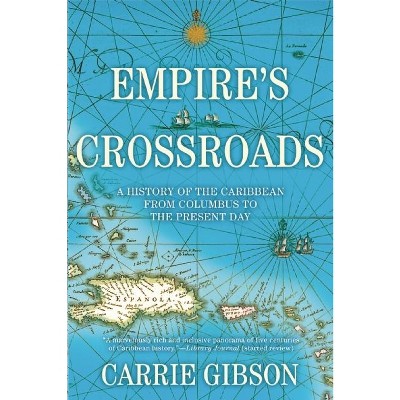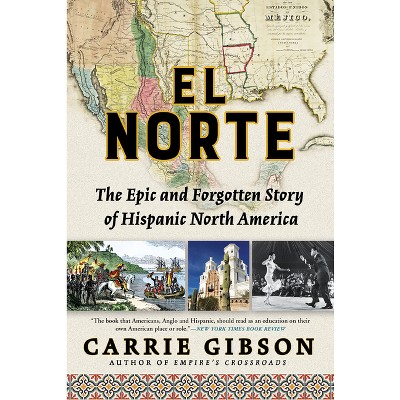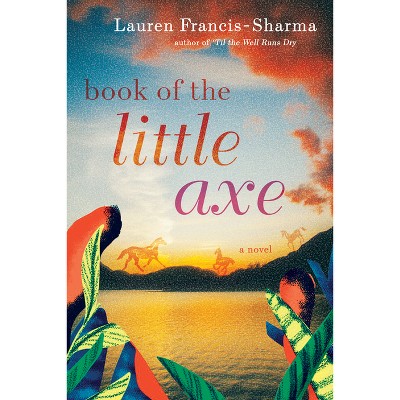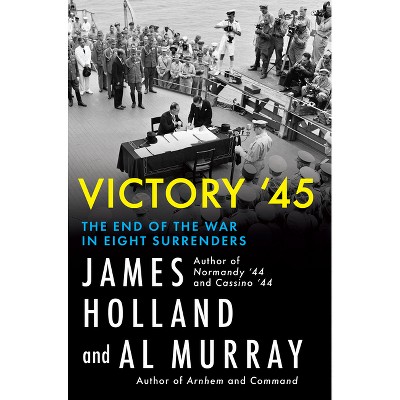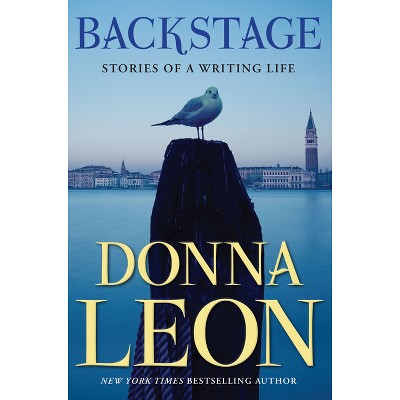Sponsored

The Great Resistance - by Carrie Gibson (Hardcover)
Pre-order
Sponsored
About this item
Highlights
- For more than four centuries, enslaved people across the Americas, from the United States and the Caribbean to Brazil, fought any way they could to gain their freedom.
- About the Author: Carrie Gibson is the author of two acclaimed works of history, Empire's Crossroads: A History of the Caribbean from Columbus to the Present Day, and El Norte: The Epic and Forgotten Story of Hispanic North America.
- 624 Pages
- Social Science, Slavery
Description
Book Synopsis
For more than four centuries, enslaved people across the Americas, from the United States and the Caribbean to Brazil, fought any way they could to gain their freedom. For the first time, their dramatic stories are gathered in one sweeping narrative that offers a message of inspiration in our own time.
"Among the emancipators are the millions whose stories will never be known. They lived the struggle. They were the great resistance." Thus does acclaimed historian Carrie Gibson conclude her magisterial chronicle of four centuries of effort by enslaved people in the western hemisphere to gain their freedom. "Freedom is an idea," she writes, and the actions of the thousands who fought to escape slavery made clear that "freedom had to be for everyone, otherwise it was a lie."
The horrific enslavement by Europeans of twelve million Africans taken to the Americas has been widely written about, and important individual slave revolts have been recorded; but Gibson tells a larger story, portraying the multitude of freedom struggles across the entire hemisphere--from North America to the Caribbean to Brazil--as one long-running quest for freedom. From the first African revolt in 1521 on the island of Hispaniola, to the 18th-century Maroon Wars on Jamaica and the revolution that gave Haiti its independence, and thousands of smaller acts of defiance in between, Gibson vividly chronicles the continuum of resistance that eventually ended the slave trade and, with Brazil's decision in 1888, the institution of slavery itself.
This was the most diverse ongoing insurrection the world has ever known, and the way it was responded to shaped every nation in the Americas in meaningful ways. "If scholars were to emphasize the efforts of the enslaved more than the condition of slavery," historian Vincent Brown has written, "we might at least tell richer stories about how the endeavors of the weakest and most abject have at times reshaped the world." With its deep scholarship and rich narrative, The Great Resistance is a major contribution to the literature around slavery and freedom and, in our time, a tribute to the persistence of the human spirit to overcome even the darkest of circumstances.
Review Quotes
Praise for The Great Resistance:
"[A] magisterial account . . . Gibson constructs a sweeping vision of resistance to slavery as a defining element of Western history that made "abstract concepts of freedom concrete." Expansive and elegant, this is a marvel."--Publishers Weekly, starred review
"A broad-based history of rebellion, escape, and agitation in the name of abolition in the slaveholding Americas . . . Gibson insists on the primacy of the enslaved themselves as agents of their own liberation, 'the true instigators of liberty.' A solid contribution to the literature of the New World slave trade."--Kirkus Reviews
Praise for El Norte:
"El Norte is the book that Americans, Anglo and Hispanic, should read as an education on their own American place or role . . . This is a serious book of history but also an engaging project of reading the future in the past."-- New York Times Book Review
"An important correction to centuries of American history . . . Gibson's sprawling work makes a major contribution by reminding us of the falseness of Donald Trump's xenophobic narrative."--Guardian
"This history debunks the myth of American exceptionalism by revisiting a past that is not British and Protestant but Hispanic and Catholic. . . At a time when the building of walls occupies so much attention, Gibson makes a case for the blurring of boundaries."--New Yorker
"[Gibson] writes engagingly of moments of violence and injustice, deprivation and discrimination, music and muses: Her paragraphs on the early-20th-century Texas society women who bickered over how to restore the Alamo, for instance, would do justice to the pen of an Edith Wharton."--Wall Street Journal
"Gibson's exhaustively researched and well-written chronicle is an essential acquisition for all American history collections."--Booklist (starred review)
"A sweeping and accessible survey of the Hispanic history of the U.S . . . Provides a welcome and thought-provoking angle on the country's history, and should be widely appreciated."--Publishers Weekly (starred review)
Praise for Empire's Crossroads
"Gibson knows how to hold a reader's interest with gems of fact and sometimes poetic prose."--New York Times Book Review
"Ambitious . . . With rare narrative verve and a gift for synthesis, Gibson compresses the islands' histories into a wide-ranging, vivid narrative."--Observer (UK), "Best History Books of 2014"
"There can never be too many books about the Caribbean, a region whose diversity and cultural richness is unparalleled, and Carrie Gibson's new offering is a welcome addition to the canon."--BBC History (UK)
"Carrie Gibson's thoughtful and extensively researched Empire's Crossroads is a revelation. It is both a readable and in-depth study . . . A valuable work that is required reading for scholars and students . . . Impassioned and anecdotally rich."--Christian Science Monitor
"[An] epic history of the Caribbean . . . Vivid and thought-provoking."--Spectator (UK)
"Gibson's social history focuses heavily on the destructive legacy of slavery, the bitter divisiveness of racism, and the brutality and inequalities of the opulent sugar plantations that dominated Caribbean economies for 300 years . . . Gibson tells [the story] in fluid, colorful prose peppered with telling anecdotes."--Foreign Affairs
"A marvelously rich and inclusive panorama of five centuries of Caribbean history . . . A work that brings fresh energy, assurance and insight to an area that is not often the focus of historians. Gibson's study is sure to gratify academics, history buffs, and anyone intrigued by the Caribbean's colorful, volatile, and multifaceted societies."--Library Journal
About the Author
Carrie Gibson is the author of two acclaimed works of history, Empire's Crossroads: A History of the Caribbean from Columbus to the Present Day, and El Norte: The Epic and Forgotten Story of Hispanic North America. She received a PhD from Cambridge University focusing on the Spanish Caribbean in the era of the Haitian Revolution and has worked as a journalist for the Guardian and contributed to other publications, as well as the BBC. She has done research across Mexico, the Caribbean, South America, and the United States. She lives in Seoul, South Korea.
Shipping details
Return details
Frequently bought together




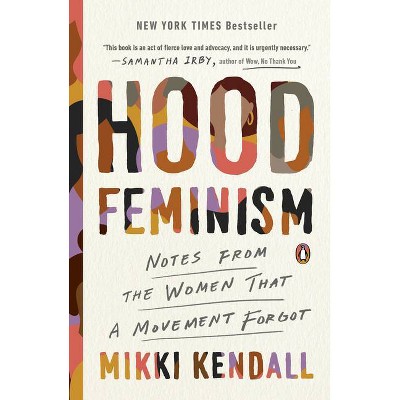
Trending Non-Fiction








